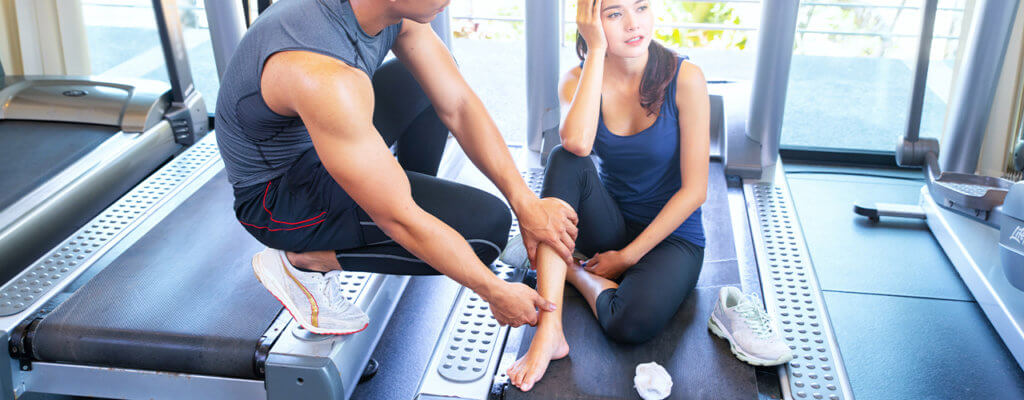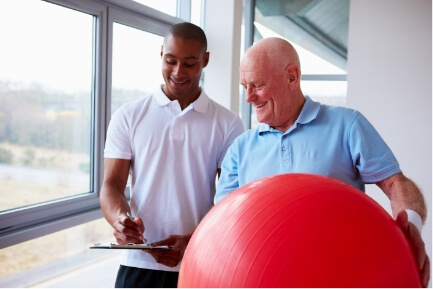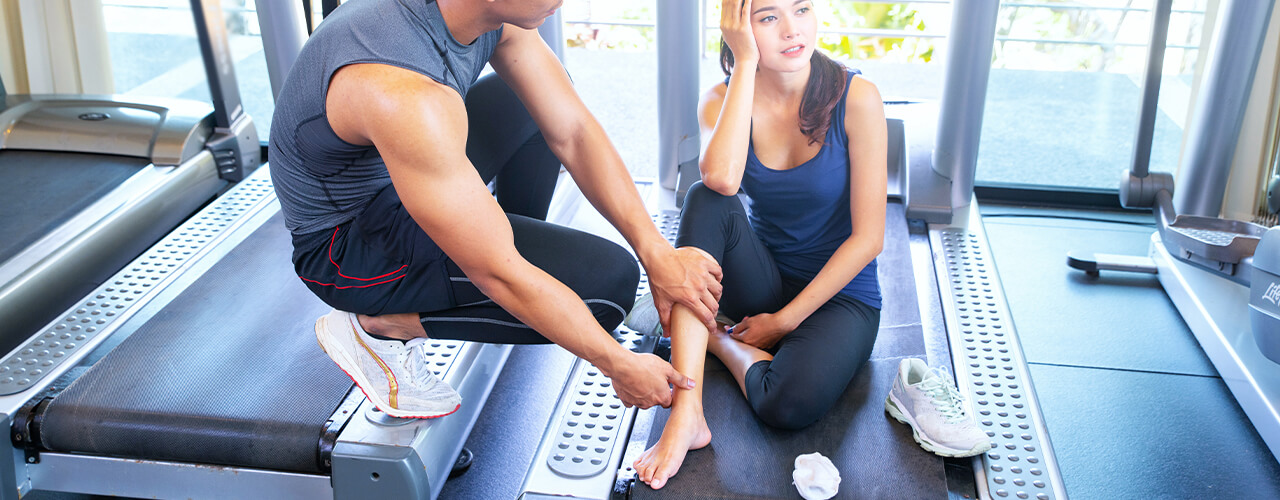Hip osteoarthritis (OA) causes the cartilage that cushions your joints to wear away, causing friction, bone damage, and inflammation. Pain and stiffness may occur as a result.
Your healthcare provider will make a treatment recommendation based on:
- your general health
- the seriousness of joint involvement
- the degree of symptom severity
- limitations in movement and weight-bearing
- other personal factors
All hip osteoarthritis treatments aim to manage pain and improve mobility, but the best option will depend on the individual. Exercise and stretching may suffice as initial treatment.
Weight management
People with a high body mass index (BMI) are more likely to develop osteoarthritis. The extra weight puts additional strain on the joints. Obesity, as well as having a higher BMI, may also contribute to inflammation.
These factors can aggravate symptoms and hasten their progression.
Medical experts strongly advise people who are overweight or obese to lose weight.
Your healthcare provider can advise you on whether this option is right for you and, if so, the best way to go about losing weight.
They will most likely advise dietary changes as well as an exercise program.
Medication
In addition to exercise and weight management, pain relief medication can help with the management of this disorder.
Oral nonsteroidal anti-inflammatory drugs (NSAIDs) may help manage pain and inflammation in people with mild symptoms. These are available without a prescription.
Examples include:
- ibuprofen
- acetaminophen
- naproxen
People with moderate to severe OA of the hip may need prescription pain relief, such as duloxetine or tramadol.
Apart from tramadol, experts do not recommend other opioid medications, as there’s a high risk of dependency.
Exercise and physical therapy
Exercise is critical for lowering the risk of osteoarthritis and slowing its progression. Exercise not only helps you lose weight but also increases your strength, flexibility, and mobility.
Low-impact exercises are less likely to strain a strained joint. Tai chi is highly recommended by experts for people with hip osteoarthritis.
Other alternatives include:
- yoga
- cycling or exercising on a stationary bike
- Swimming or water sports
- Exercises for Strengthening
- walking
Stretching and flexibility
Stretching on a regular basis can help relieve stiff, achy, or painful joints. Here are some stretches you can do safely:
- Begin by seeking advice and suggestions from a physical therapist.
- All stretches should be done gently, and flexibility should be gained gradually.
- If you feel any pain, you should come to a halt.
- Gradually increase the intensity.
If you don’t feel pain after the first few days of an activity, gradually increase the amount of time you spend on it. You may find it difficult to stretch very far at first, but as you practice, your flexibility will improve.
Self-care routines
Experts say that self-management is essential for treating osteoarthritis.
This includes:
- learning as much as you can about your condition
- knowing what your treatment options are
- taking an active part in managing your pain and other symptoms
- discussing what is best for you with your healthcare provider
- taking care of yourself regarding both diet and nutrition, restorative sleep, and appropriate exercise
Lifestyle factors that can contribute to hip arthritis include:
- dietary choices
- type and level of physical activity
- use of tobacco and alcohol
- getting appropriate care for other mental and physical health conditions
- establishing healthy sleeping habits
Supplements and alternative therapies
Some people have also tried using natural therapies to treat hip arthritis. There’s some evidence that the following may help:
- acupuncture
- cognitive behavioral therapy (CBT)
- application of heat pads
- using topical ointments that warm the area, such as capsaicin
Alternatives to avoid
Some people take glucosamine, fish oil, vitamin D, or chondroitin sulfate supplements, but there isn’t enough research to prove that they’re safe and effective.
If you decide to take supplements, always consult with your healthcare provider first. Some supplements can have negative side effects or interact with medications.
The ACR/AF does not recommend the following for hip OA:
- manual therapy
- massage therapy
- transcutaneous electrical nerve stimulation (TENS)
- stem cell therapy
- botox
There is insufficient evidence to suggest that these options will be beneficial.
Some healthcare providers offer botox or stem cell therapy for OA, but there is no standard treatment and insufficient evidence to show that these options are safe and effective. They are not recommended by experts.
Hip replacement surgery
If exercise, weight loss, and lifestyle measures no longer work, or if OA is affecting your mobility or quality of life, your healthcare provider may recommend surgery.
Options include:
- Hip resurfacing. The surgeon trims the damaged bone and cartilage and caps them with a metal shell, which makes an artificial surface.
- Total hip replacement. The surgeon replaces the socket and the head of the femur with an artificial joint.
Hip replacement surgery can improve your quality of life by:
- Improving pain levels
- Increasing mobility
- Lowering the risk of complications, such as dislocation of the hip
A healthcare provider can help you understand the pros and cons of hip surgery and help you decide if this is a suitable option for you.
Are You Looking for Relief for Your Hip and Knee Pain?
Pace Physical Therapy in San Jose, California specializes in non-surgical relief and recovery therapies for injuries. Our physical therapists in San Jose, CA are movement professionals who can help you heal easily and accomplish your physical goals. Do your knees feel sore, or do they feel as if, without warning, they could buckle under you? Do sharp hip pains find it hard to get up in the morning, walk about during the day, and lay down at night? Hip joint pain and knee pain, especially if you’re dealing with both, can seriously interfere with your life. Whatever could be uncomfortable for you, physical therapy may help you get safely and easily to the source of your problem without the need for harmful drugs or surgery. To alleviate your hip and knee pain entirely, make an appointment with Pace Physical Therapy in San Jose, CA, saving you the need for potentially harmful medicine or surgical correction. We strive every day to provide excellent service for all our patients because we understand it can be frustrating not being able to do what you love most due to an injury keeping us off the field or court! Contact us today to schedule your appointment!



